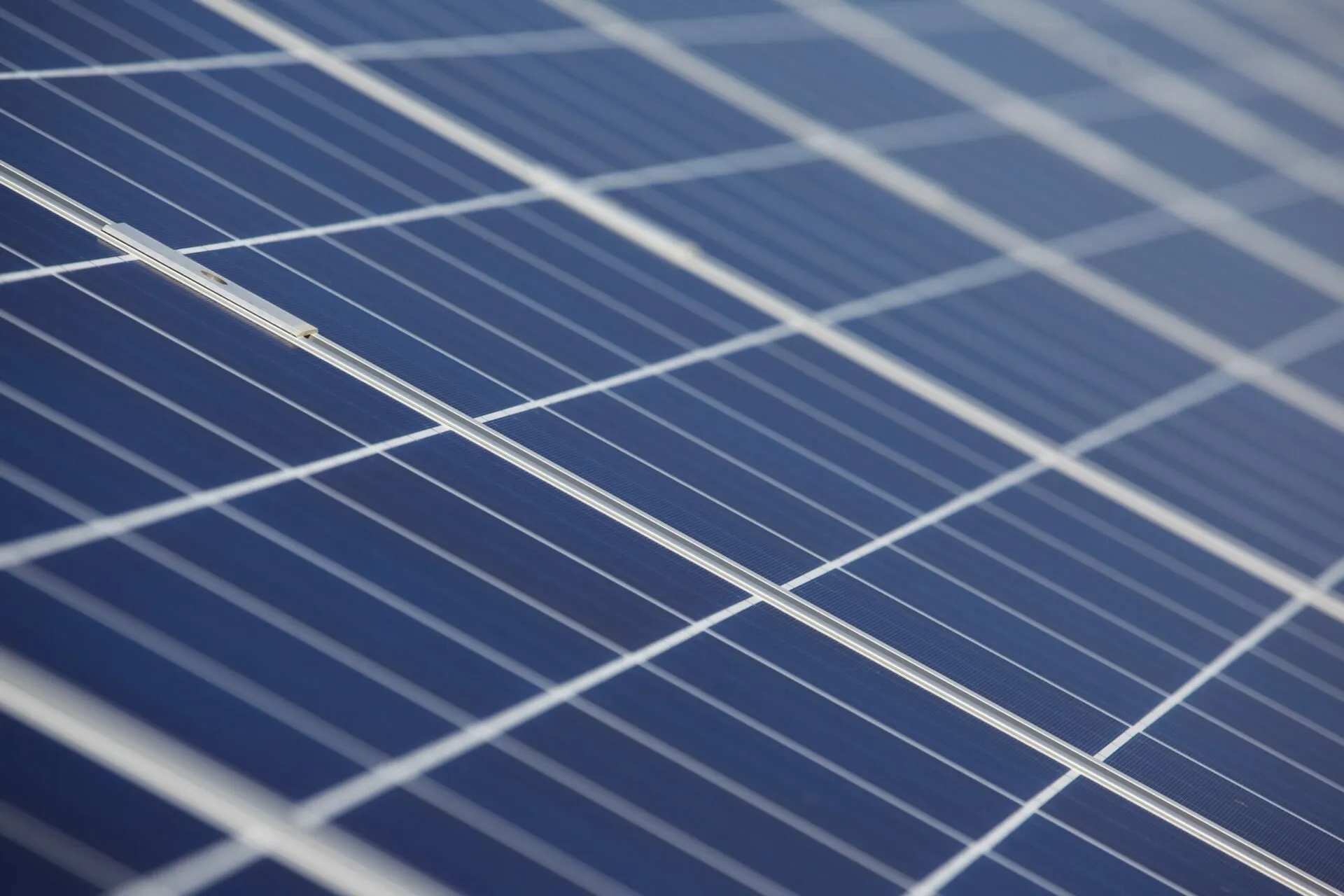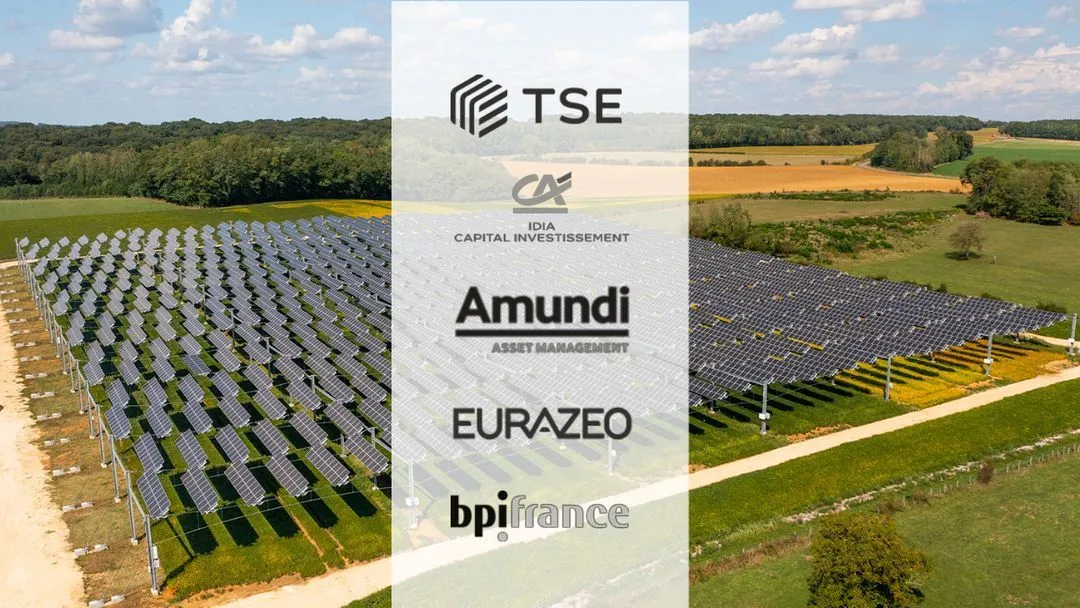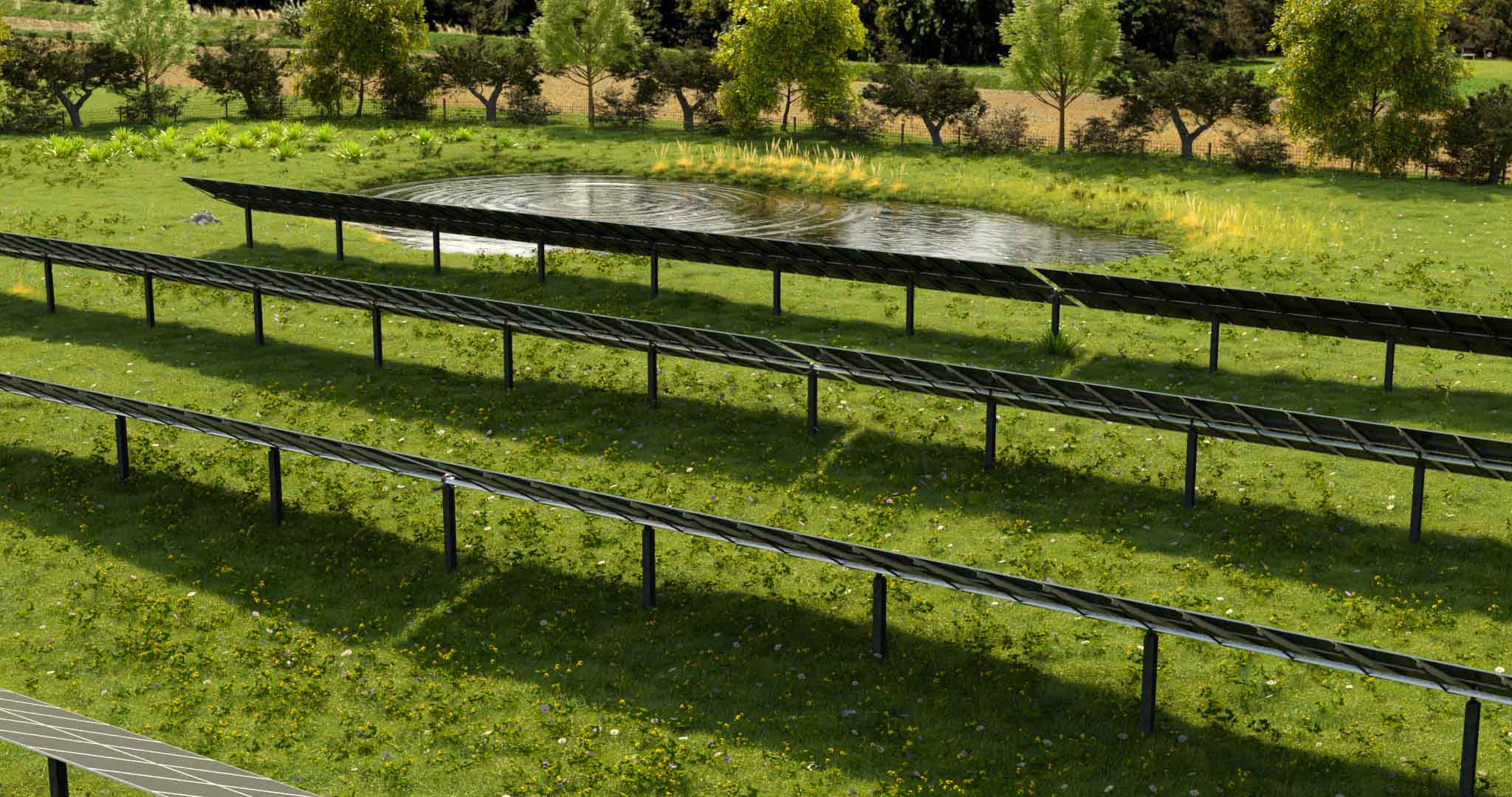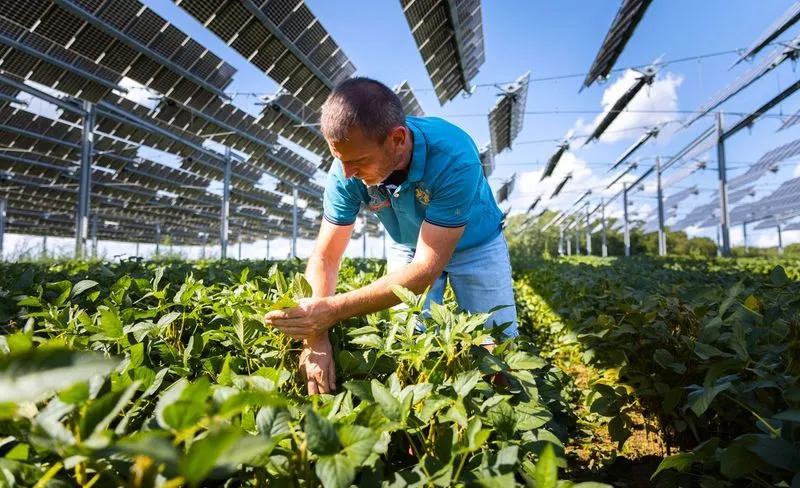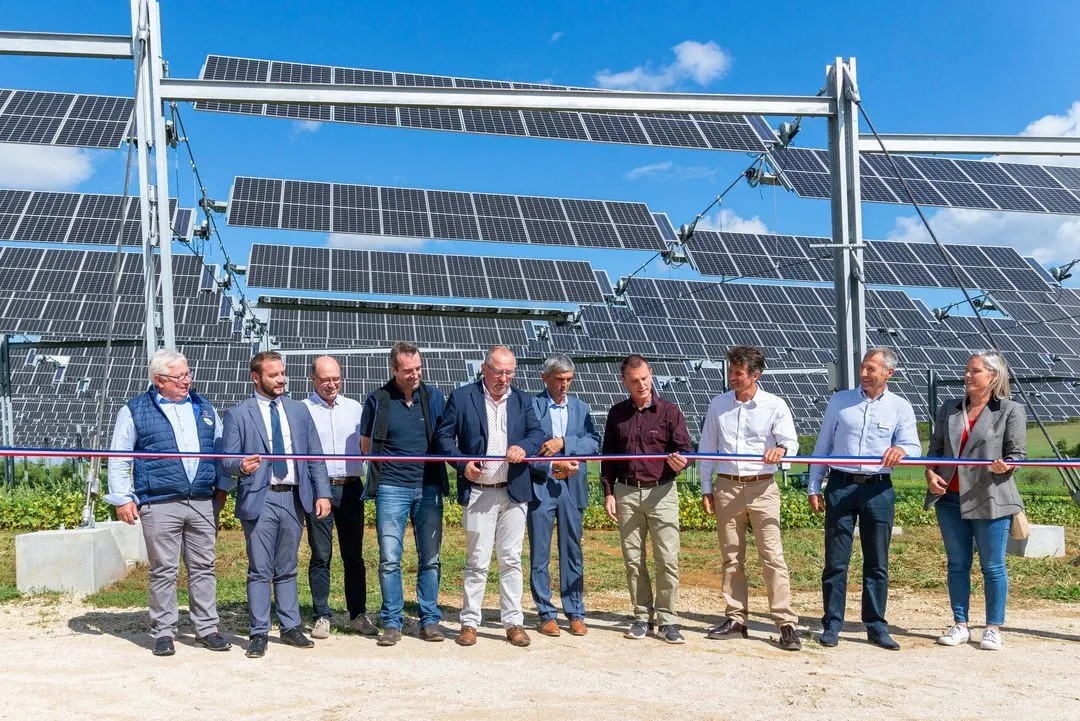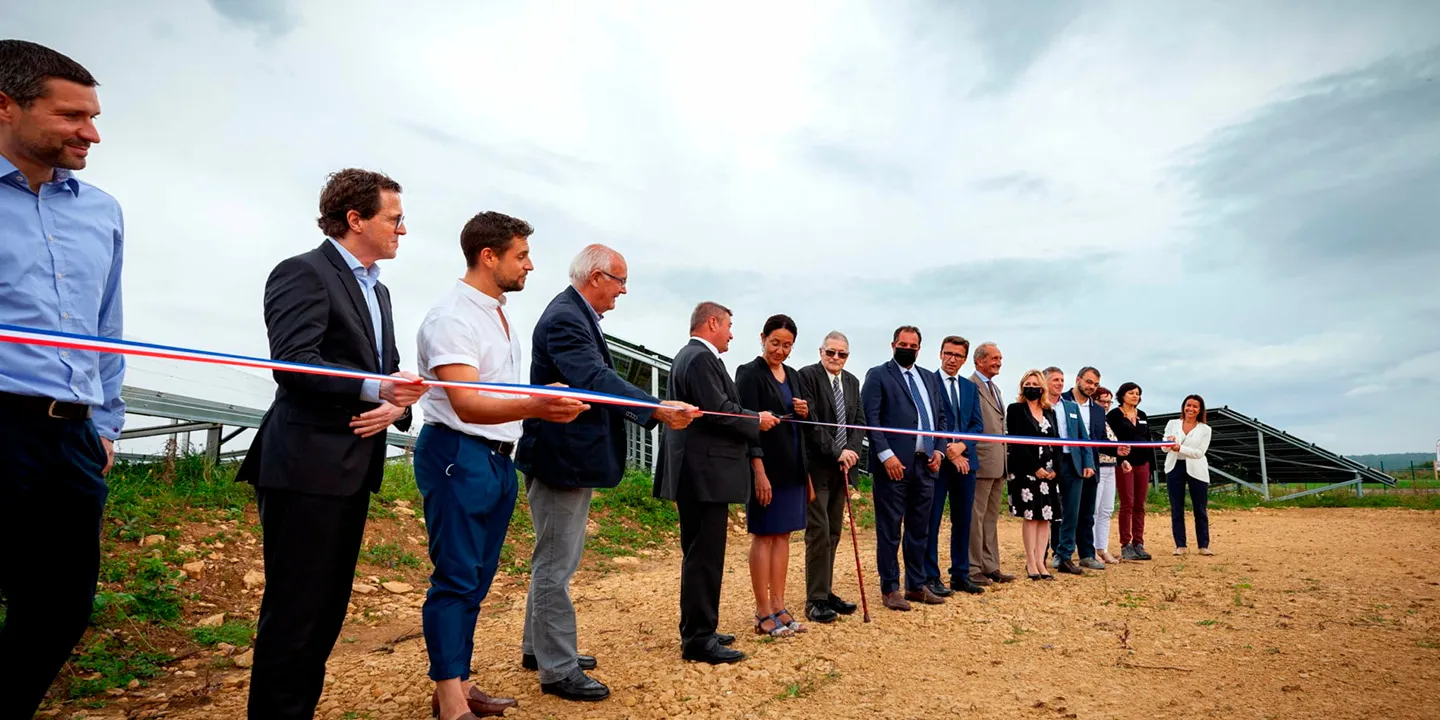TSE is a member of INRAE's national center for research, innovation and education on agrivoltaics
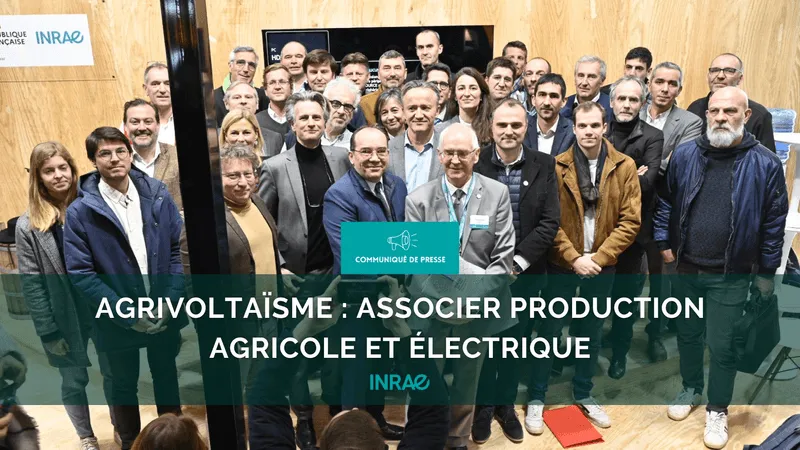
Creation of a national agrivoltaics research centre
At the initiative of INRAE, on Tuesday, February 28, 2023 at the International Agricultural Show, 36 structures signed a memorandum of understanding to create a national center for research, innovation and education on the theme of agrivoltaics. This national cluster aims to federate research conducted in France around agricultural and electrical production. Bringing together public and private actors, it should allow the rational development of photovoltaic technology on agricultural land, in line with the law passed in the Senate in February 2023 governing agrivoltaics.
AgriPV : a lever for combining agriculture and solar energy
Create knowledge to maintain or improve agricultural production, while producingelectric power : this is INRAE's major objective in terms ofagri-photovoltaics (AgriPV). Installed in an agricultural plot, photovoltaic panels thus make it possible to modulate radiation and protect plants or farm animals against hail, frost or heat waves. INRAE, one of the pioneers in research on AgriPV, is already supporting numerous research projects in partnership with various companies specializing in photovoltaics. The objective is always to ensure that AgriPV projects respond above all to an agricultural problem in order to have a real synergy between food production and energy production.
The AgriPV NRP : a consortium for sustainable innovation
With this in mind, INRAE sets up and coordinates the National center for research, innovation and education on agri-photovoltaics (PNR AgriPV), based on its Nouvelle-Aquitaine-Poitiers center in Lusignan. It is a consortium that now brings together more than thirty research units from public research and educational institutions as well as companies in the energy and agricultural sectors. Through this memorandum of understanding, the partners confirm their desire to sign the consortium framework agreement within the next six months. The signatories undertake to pool the costs and risks of research, while sharing the benefits in the perspective of the sustainable and virtuous development of photovoltaic technology on agricultural land. The cluster's scientific approach will be based on a network of infrastructures, managed by the partners, covering a large number of crops/farms as well as pedo-climatic and social conditions.
The PNR AgriPV is also intended to contribute to training and support for public policies.
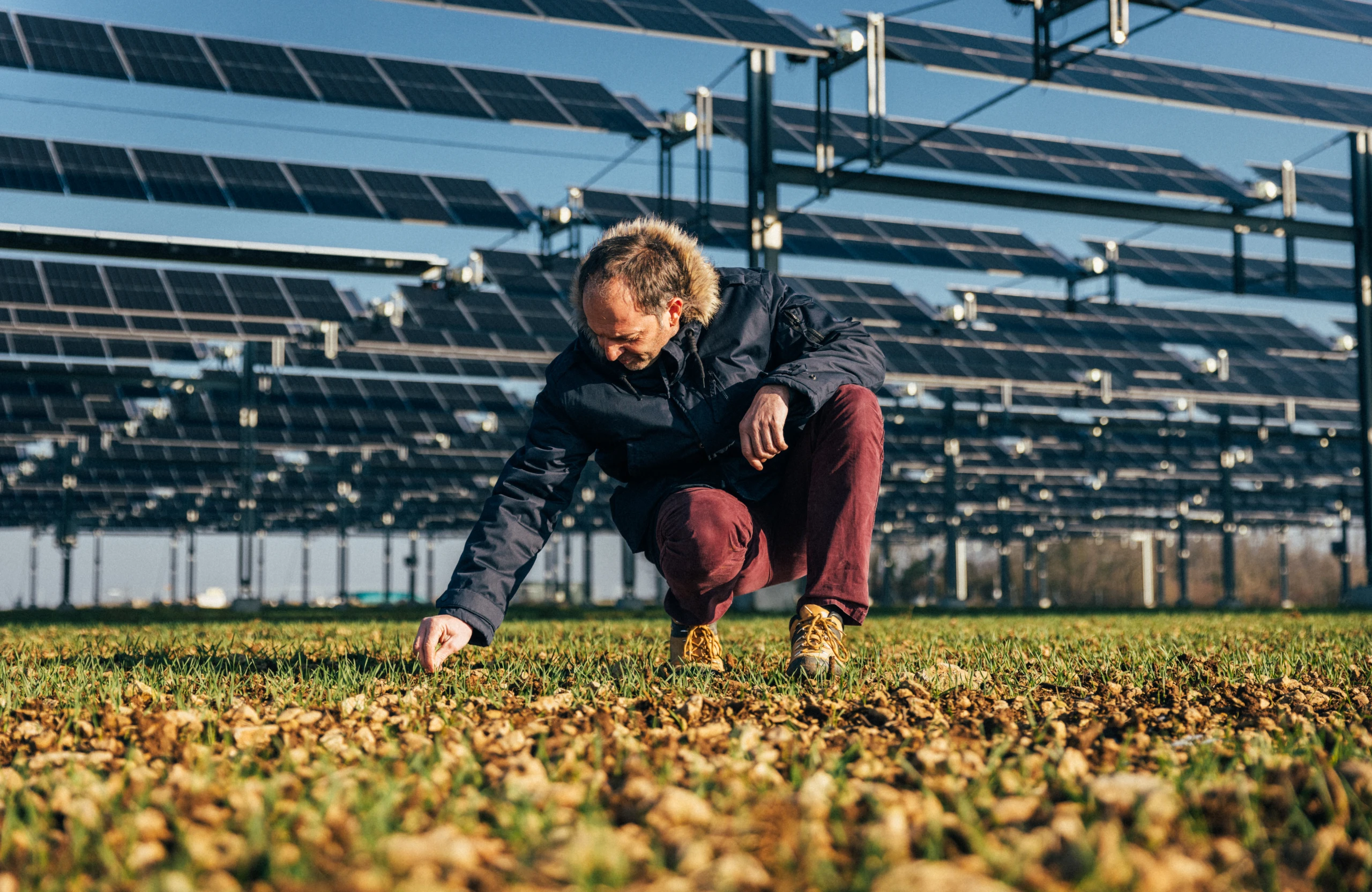
.webp)
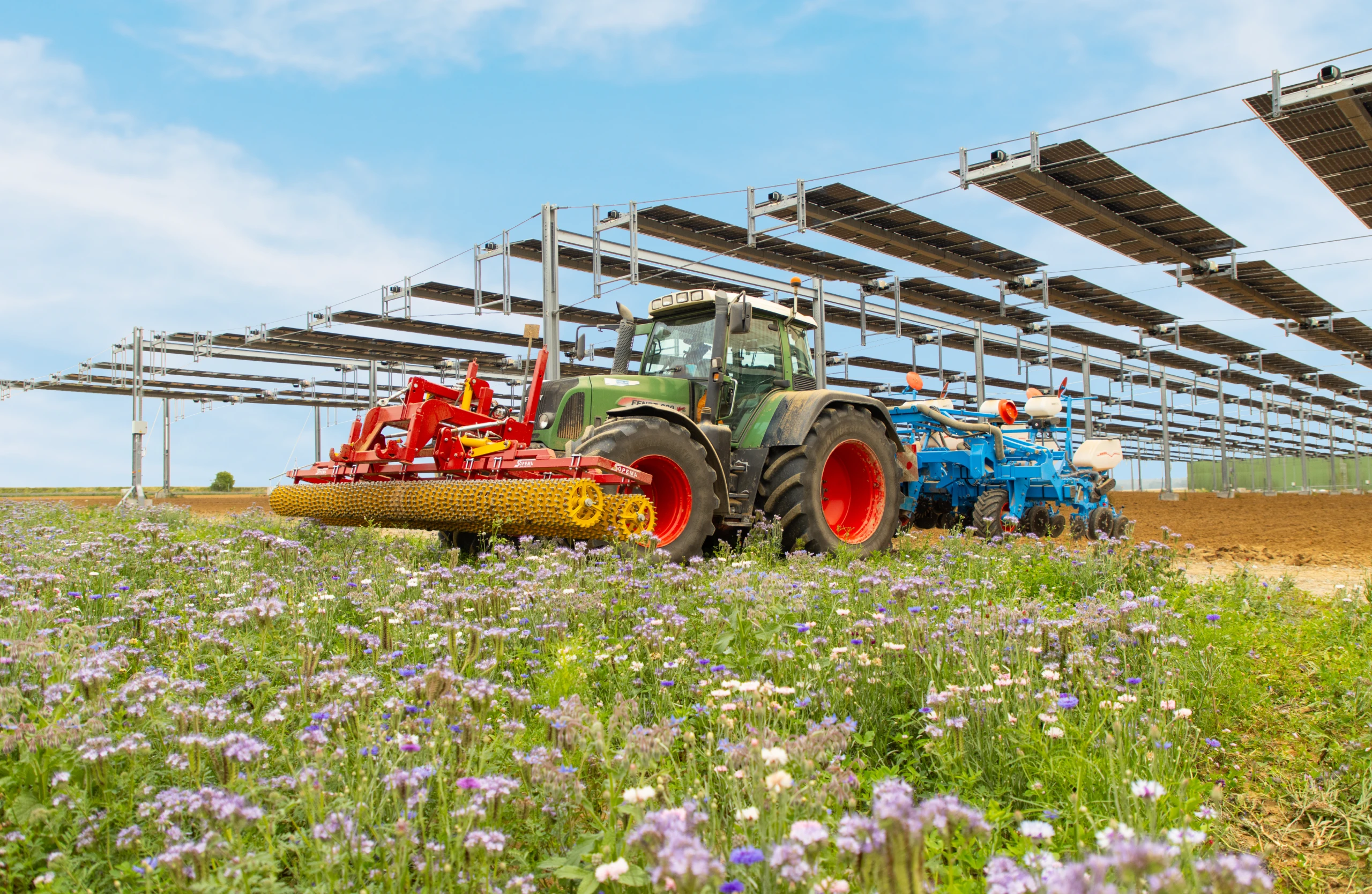
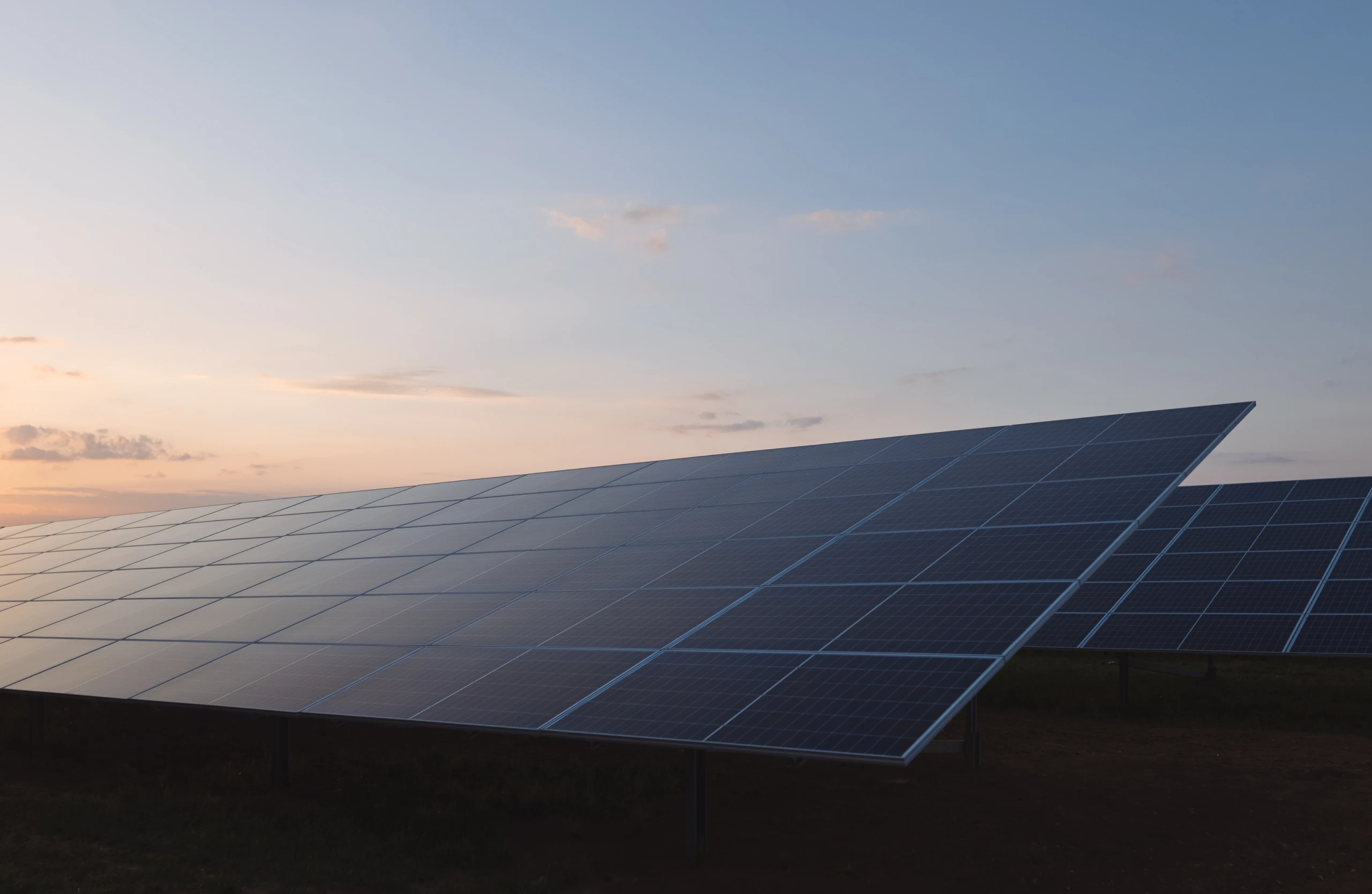
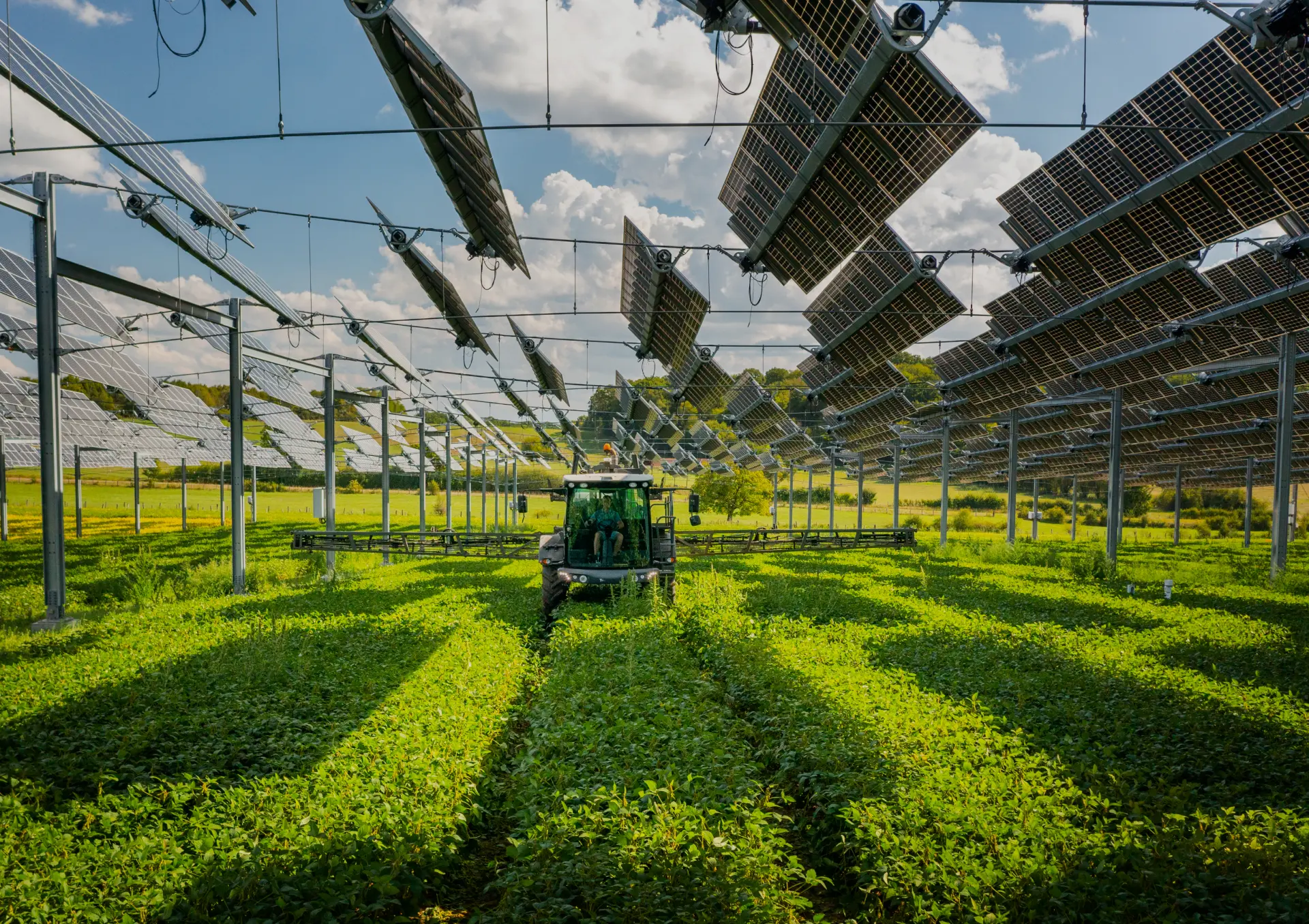
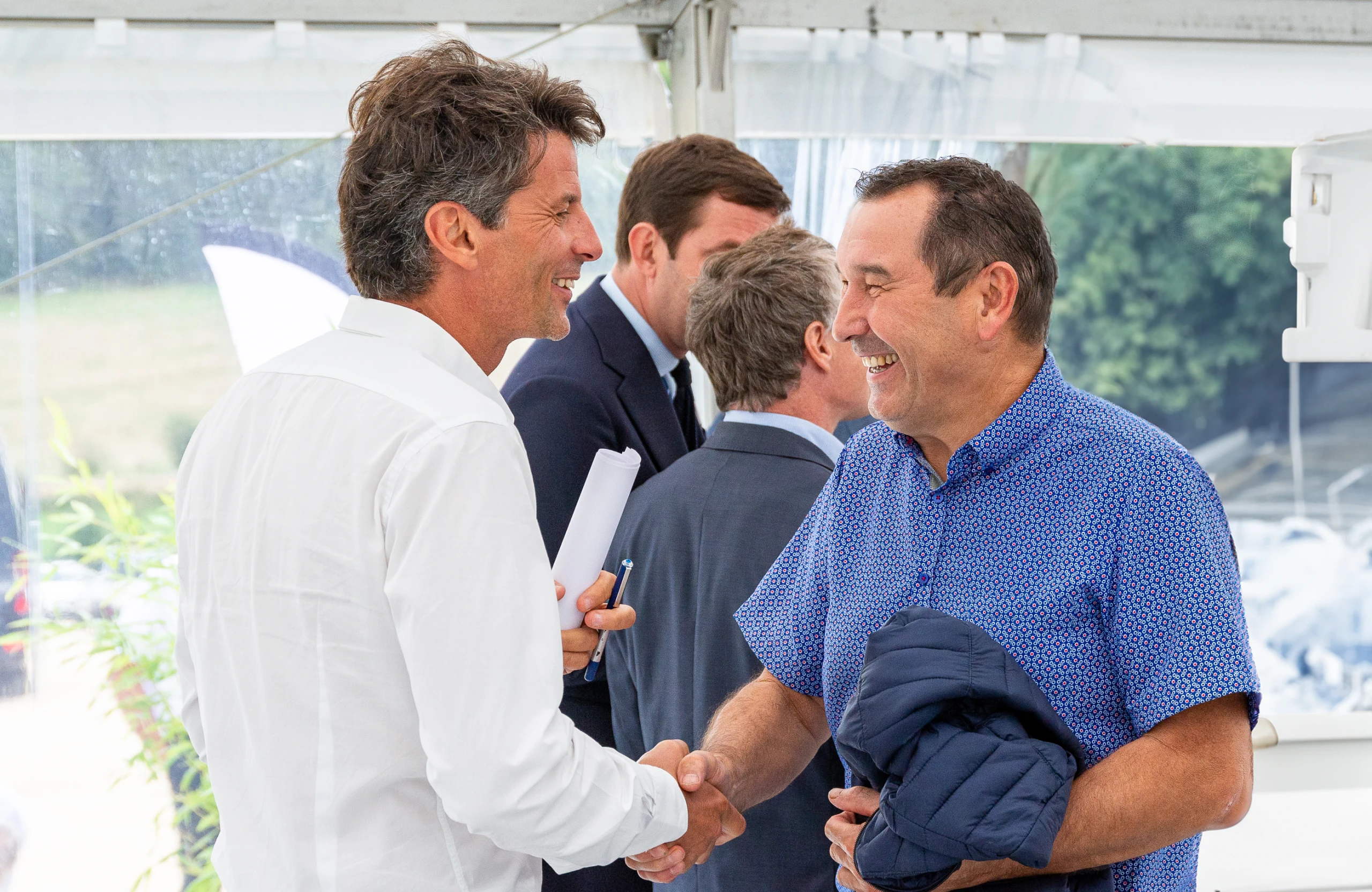


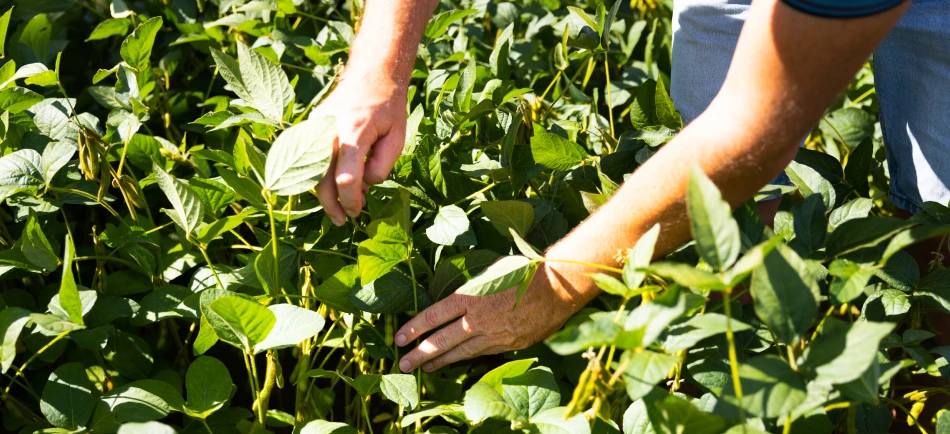
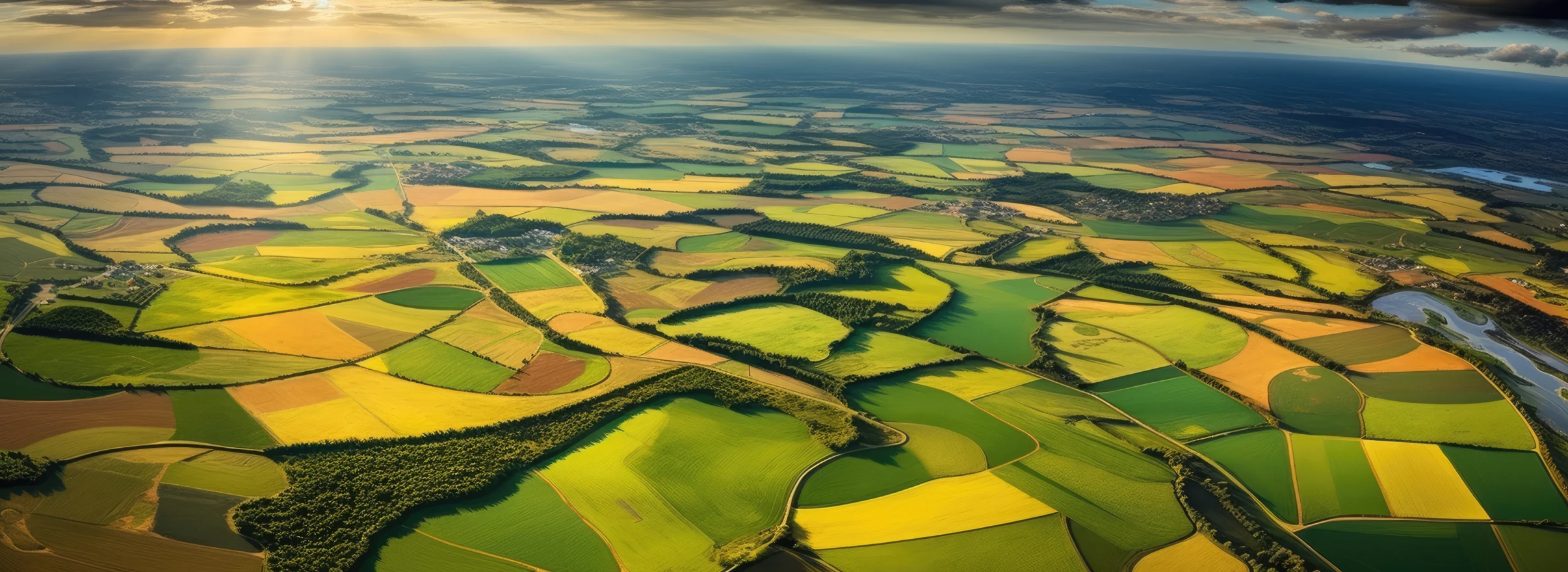
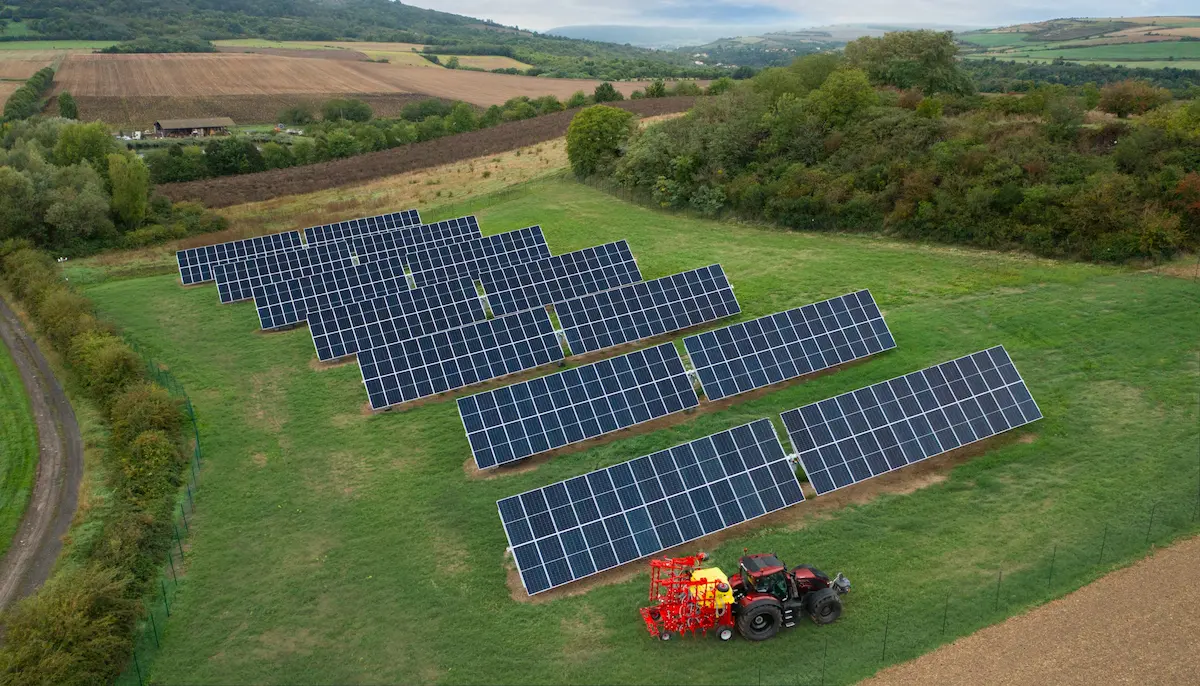
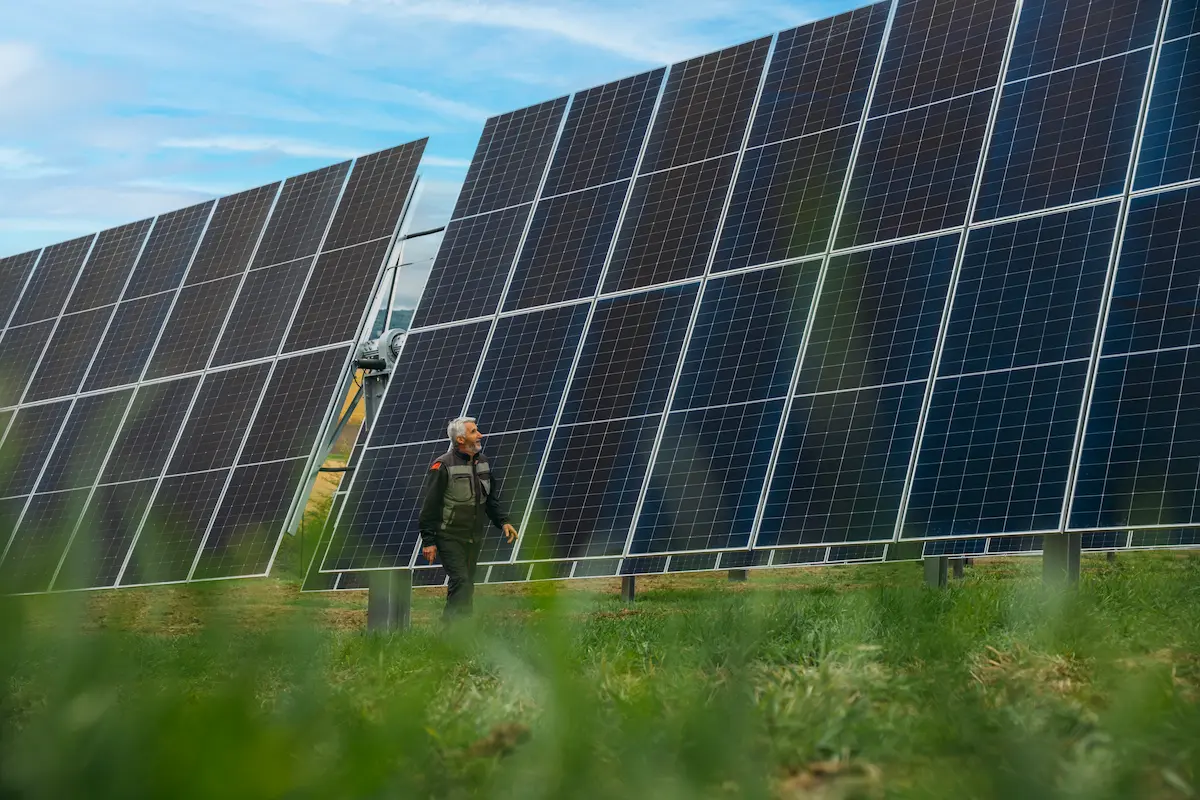
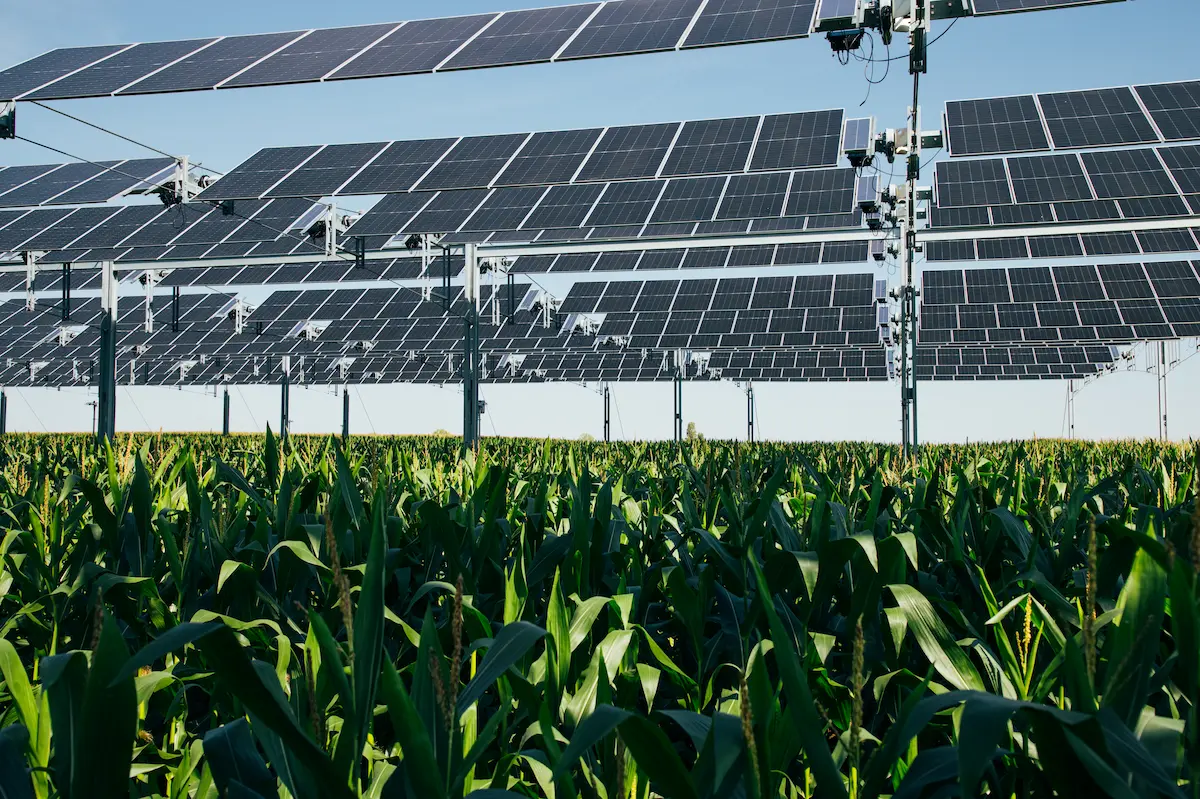




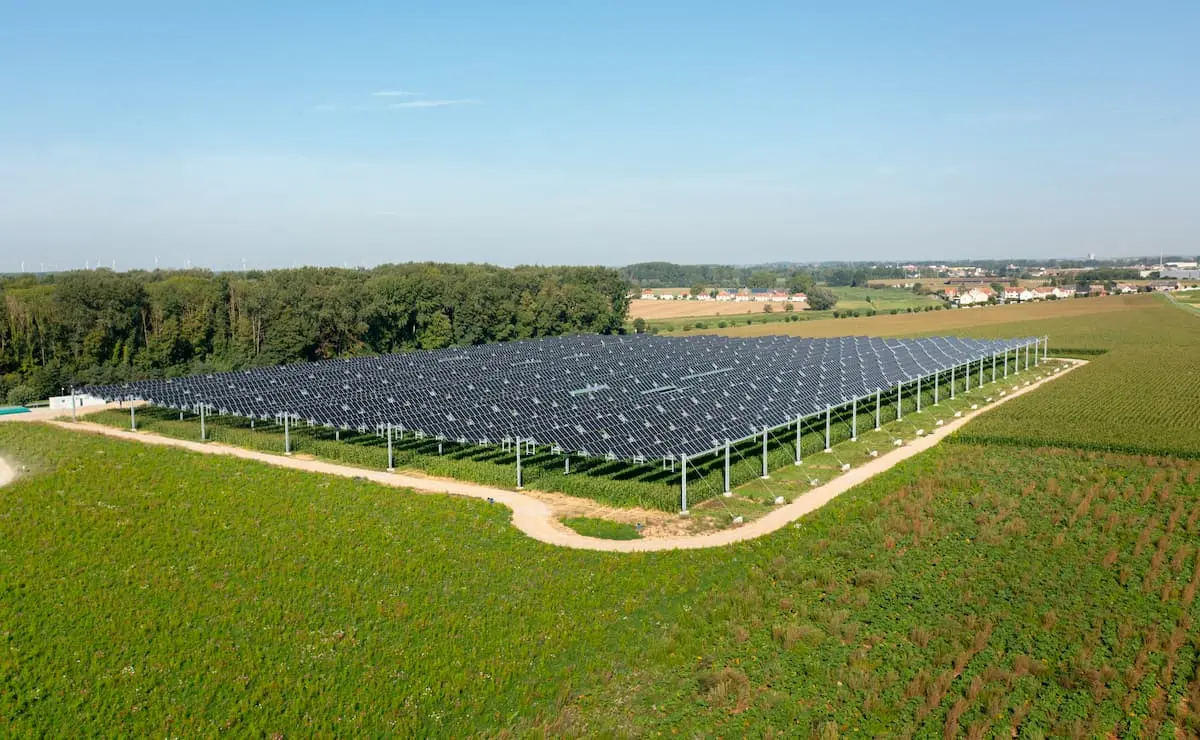




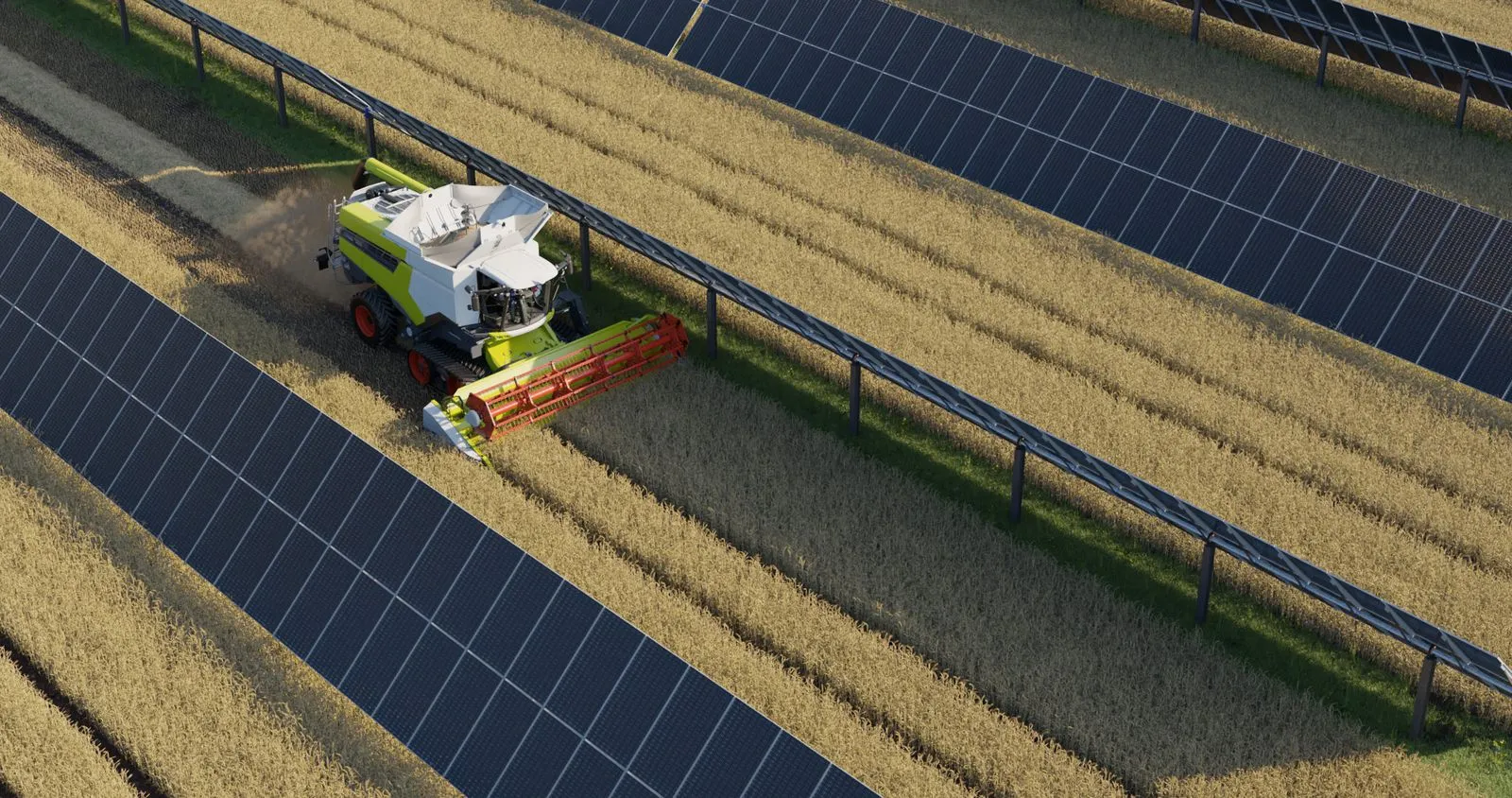
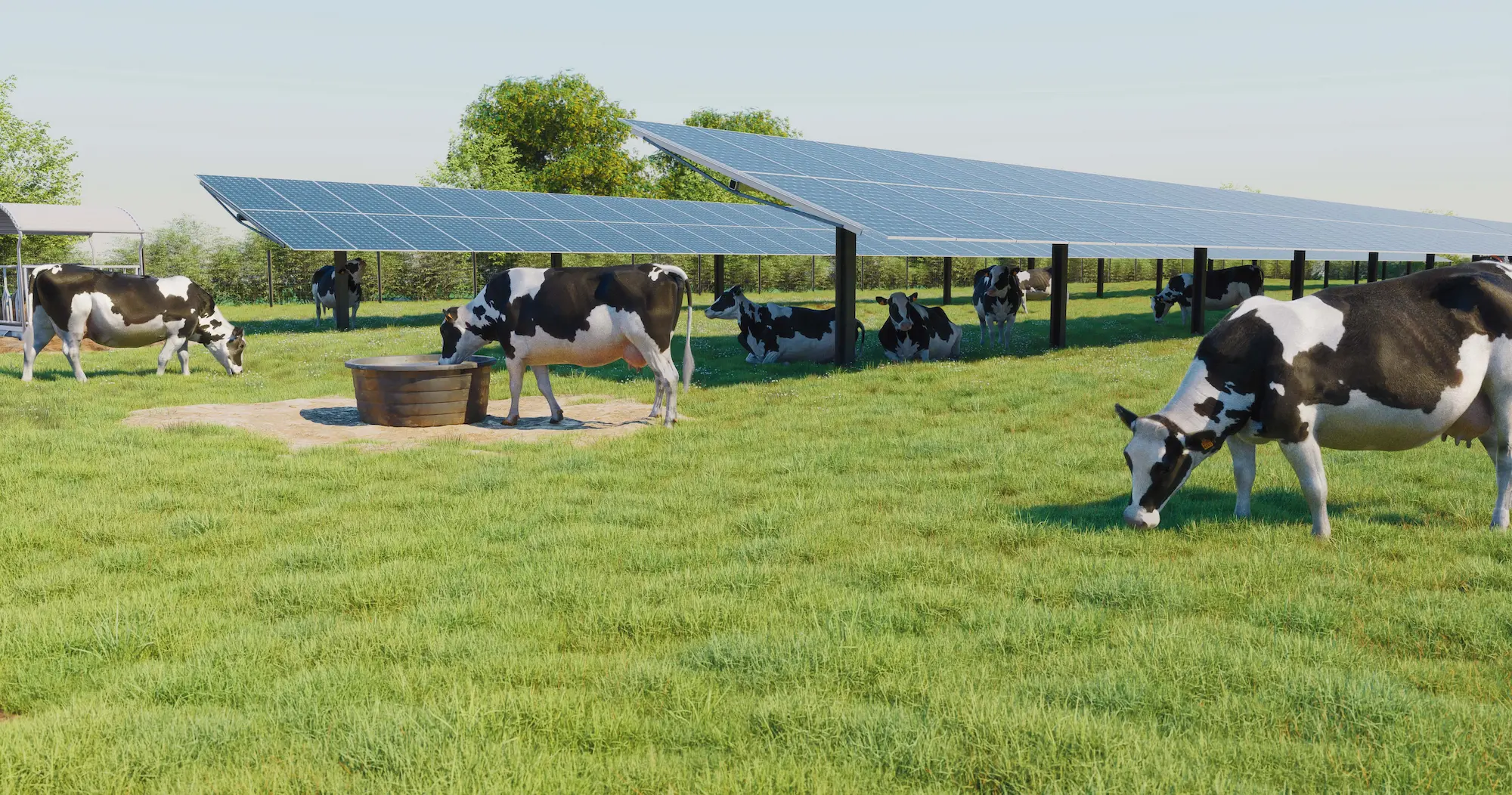
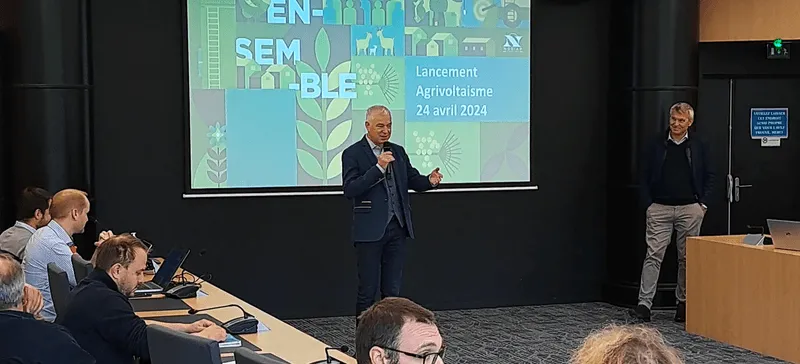
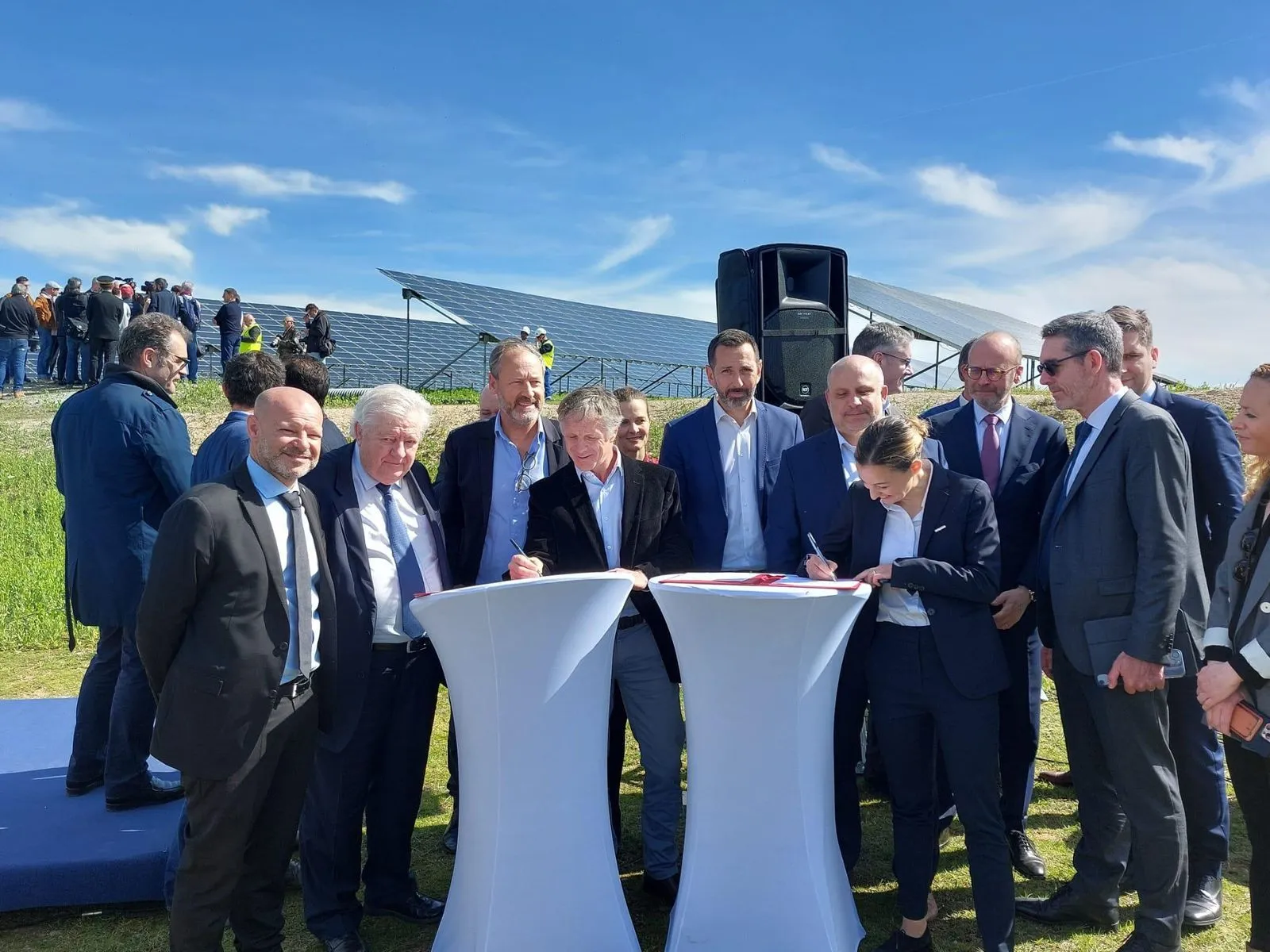
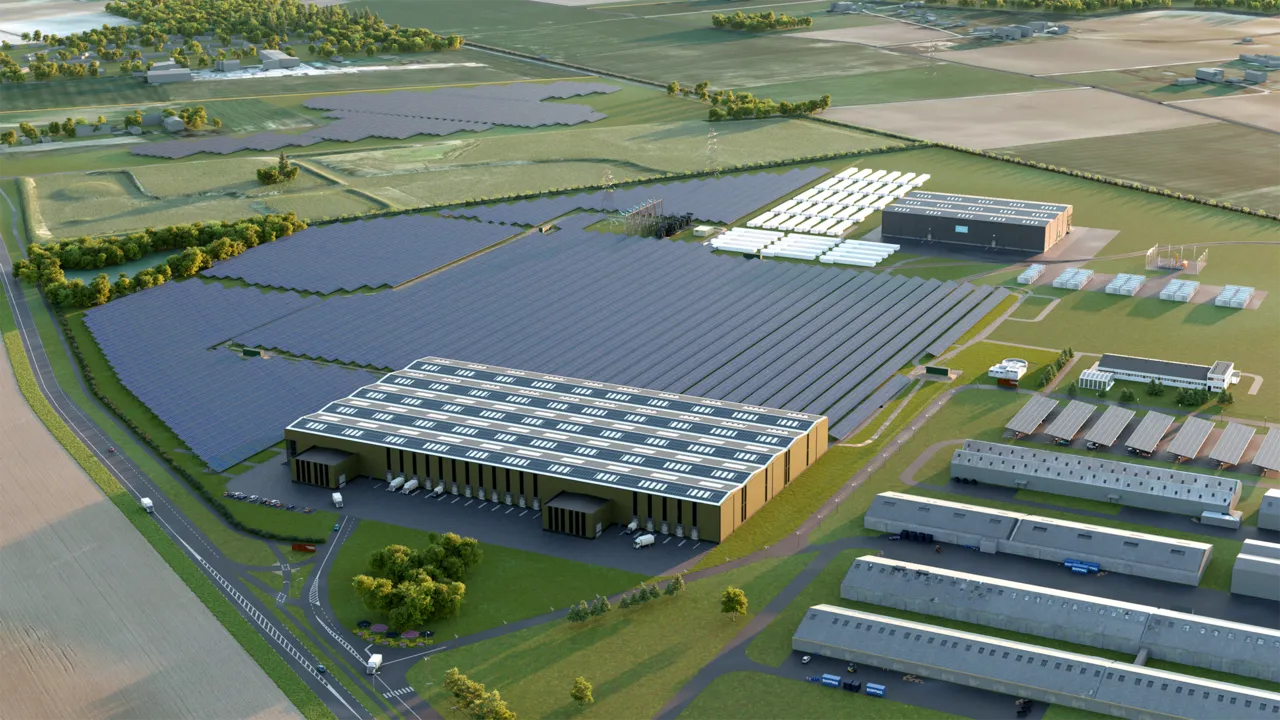
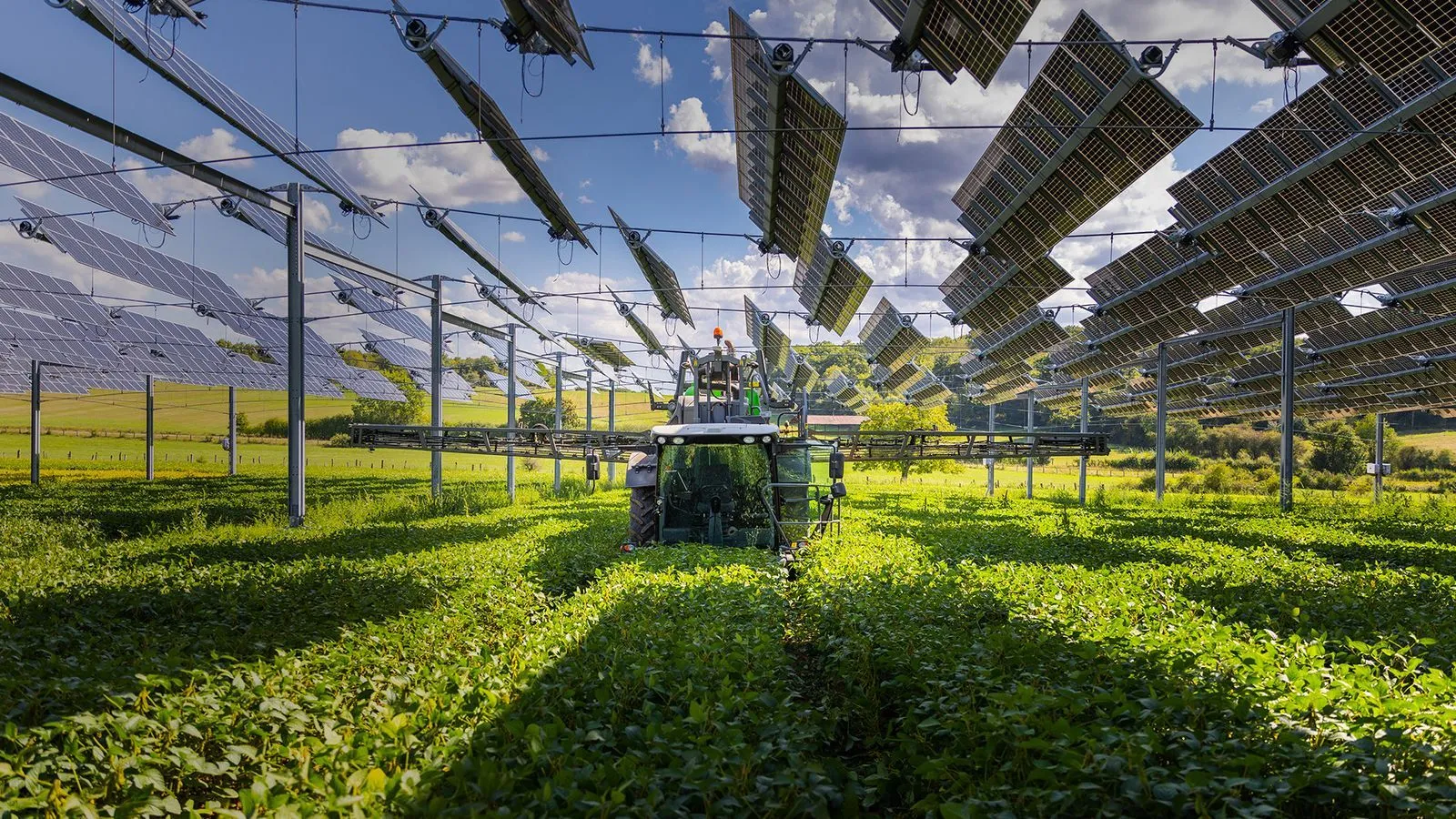
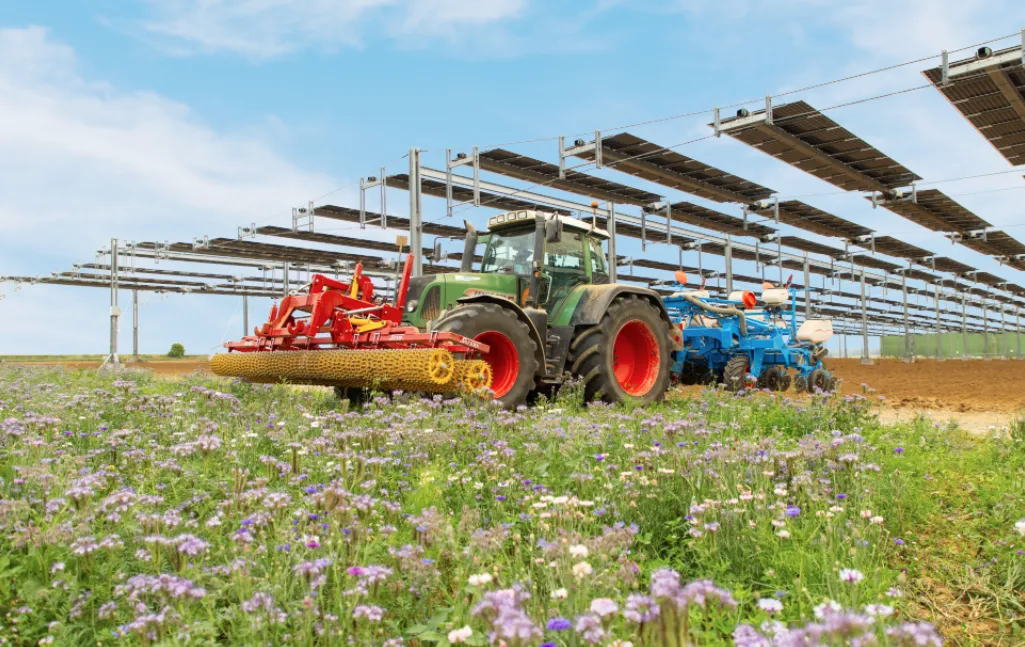
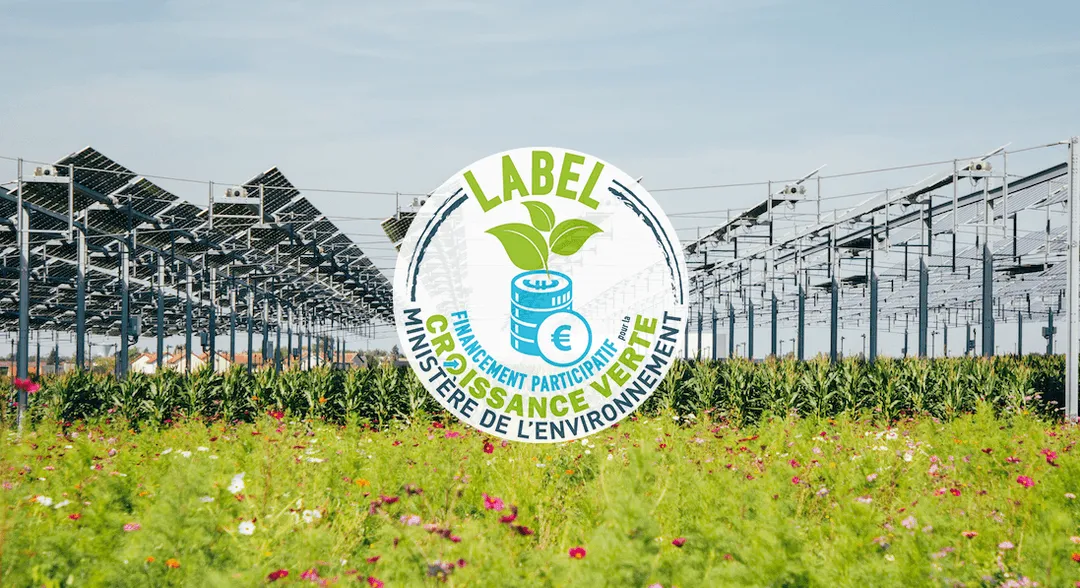
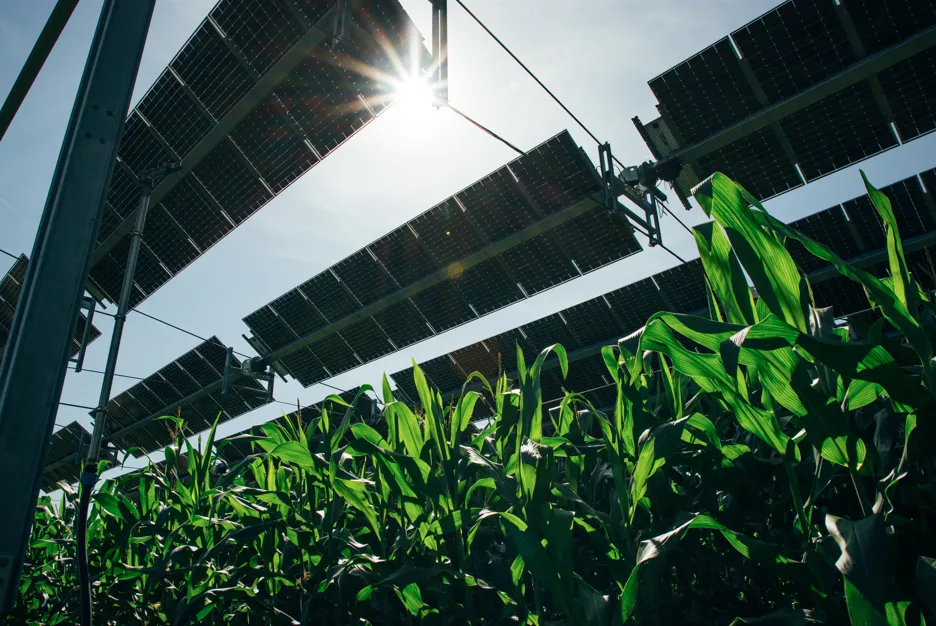
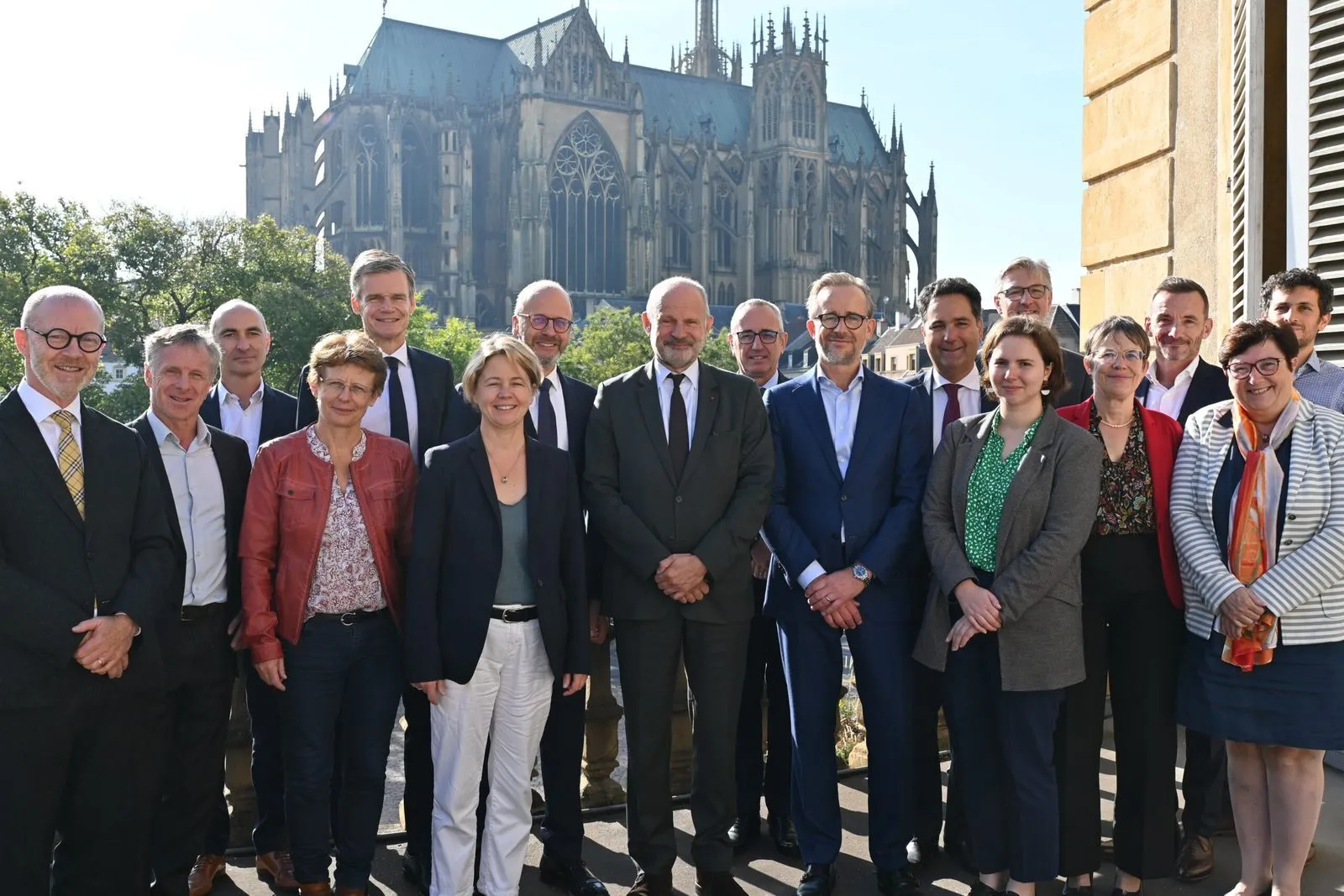
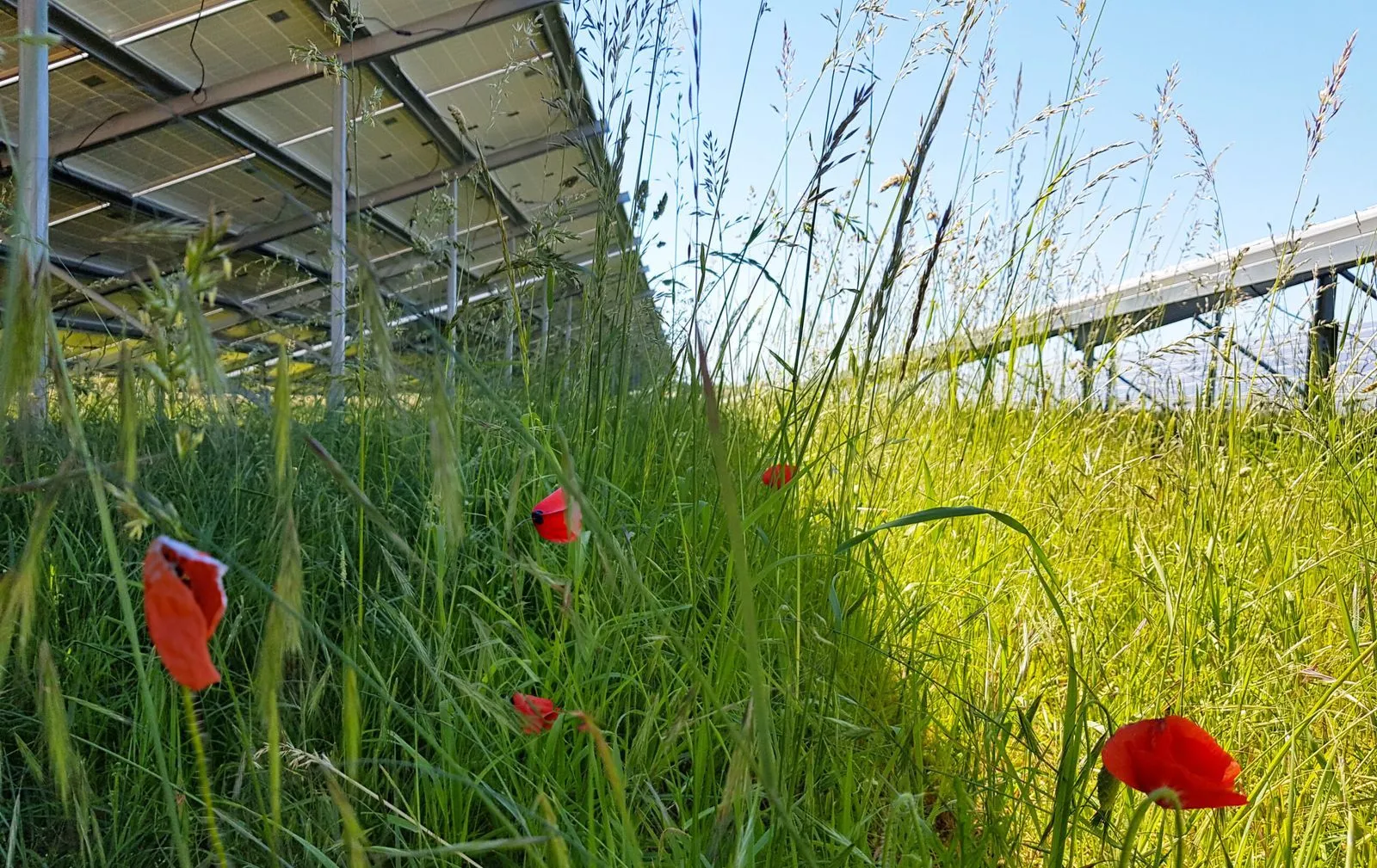
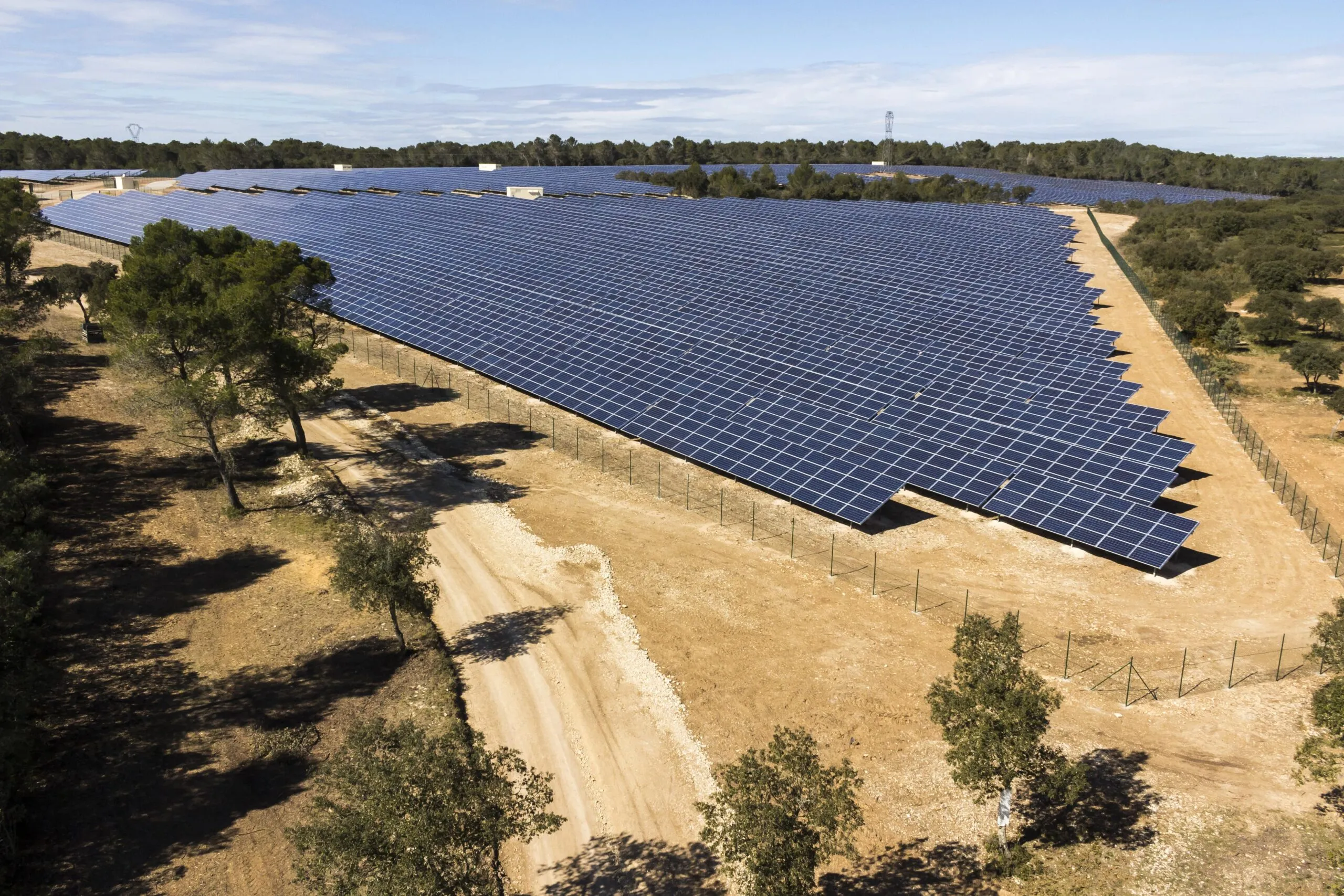
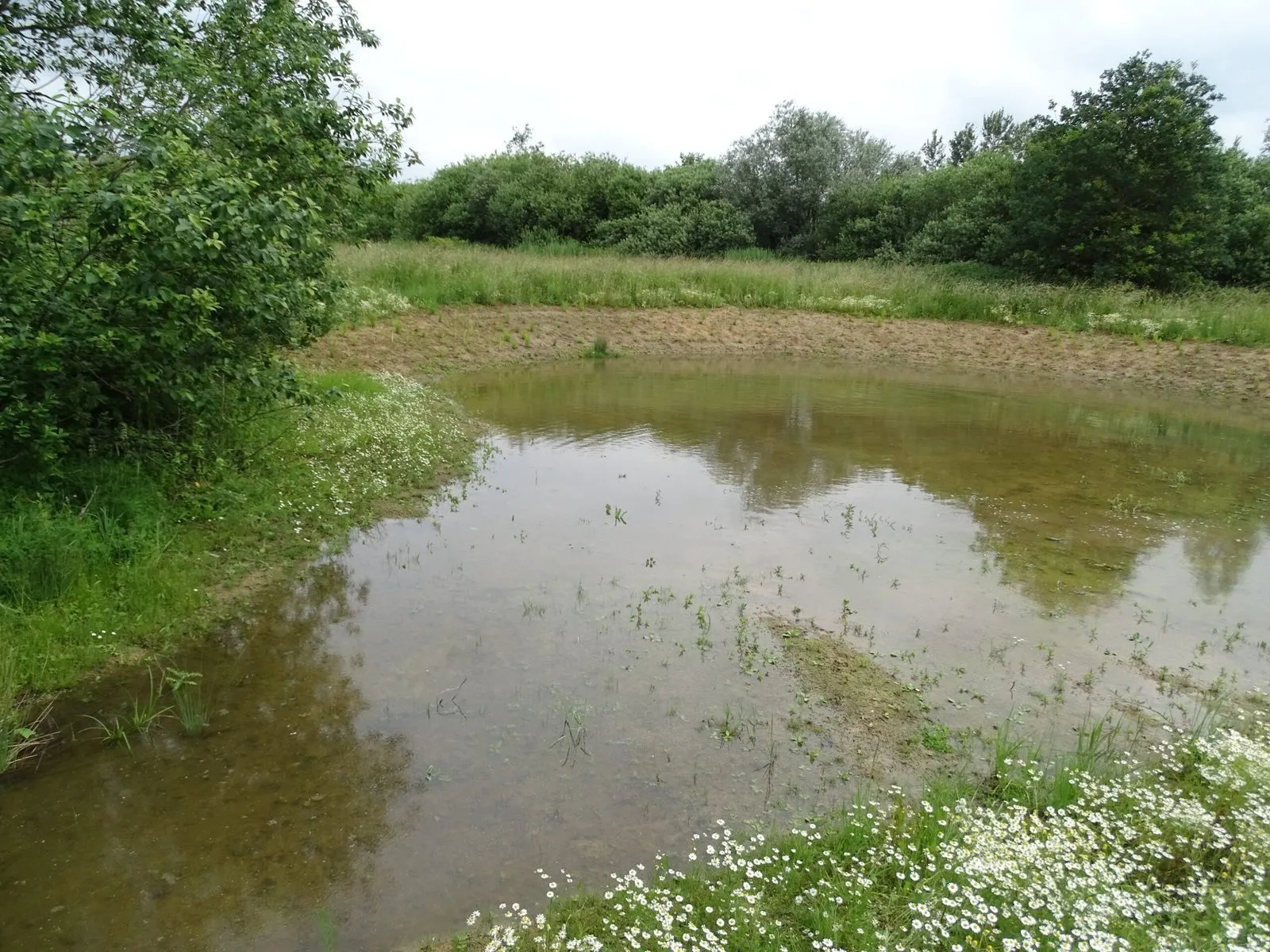
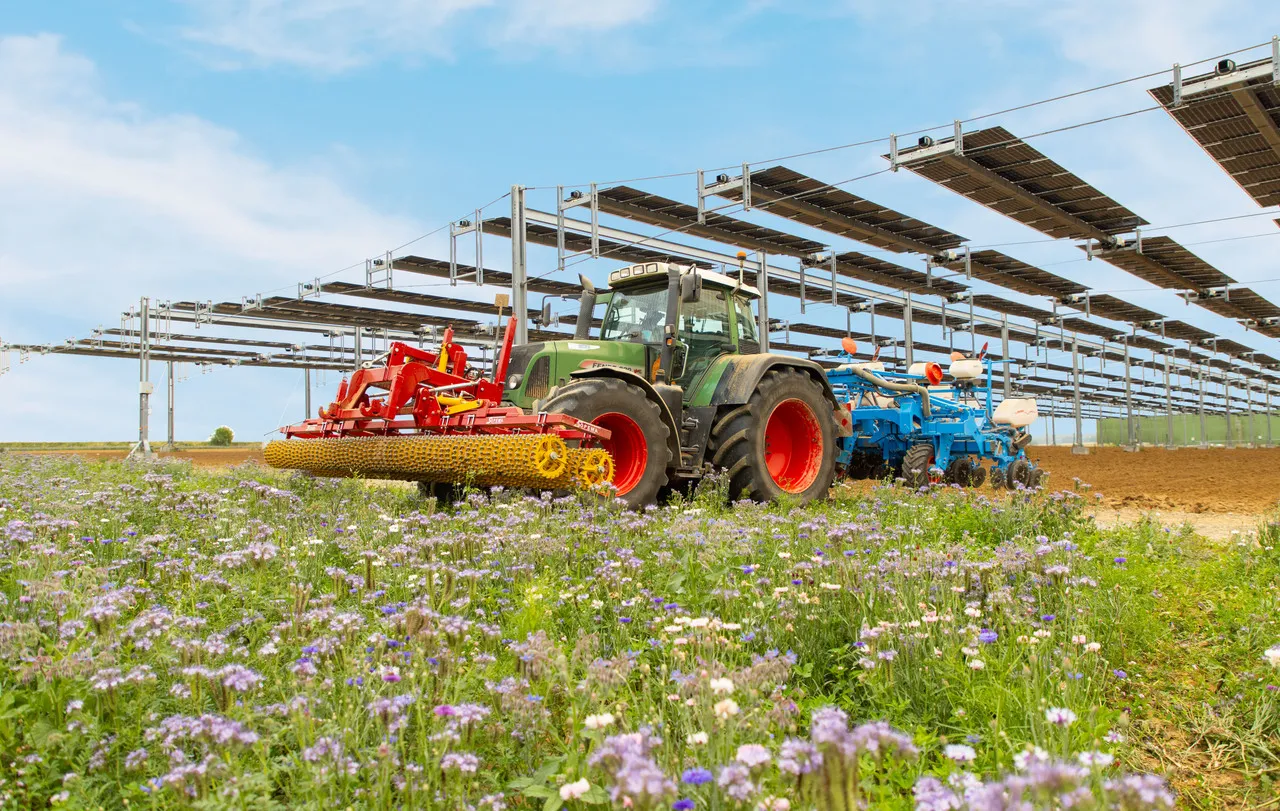
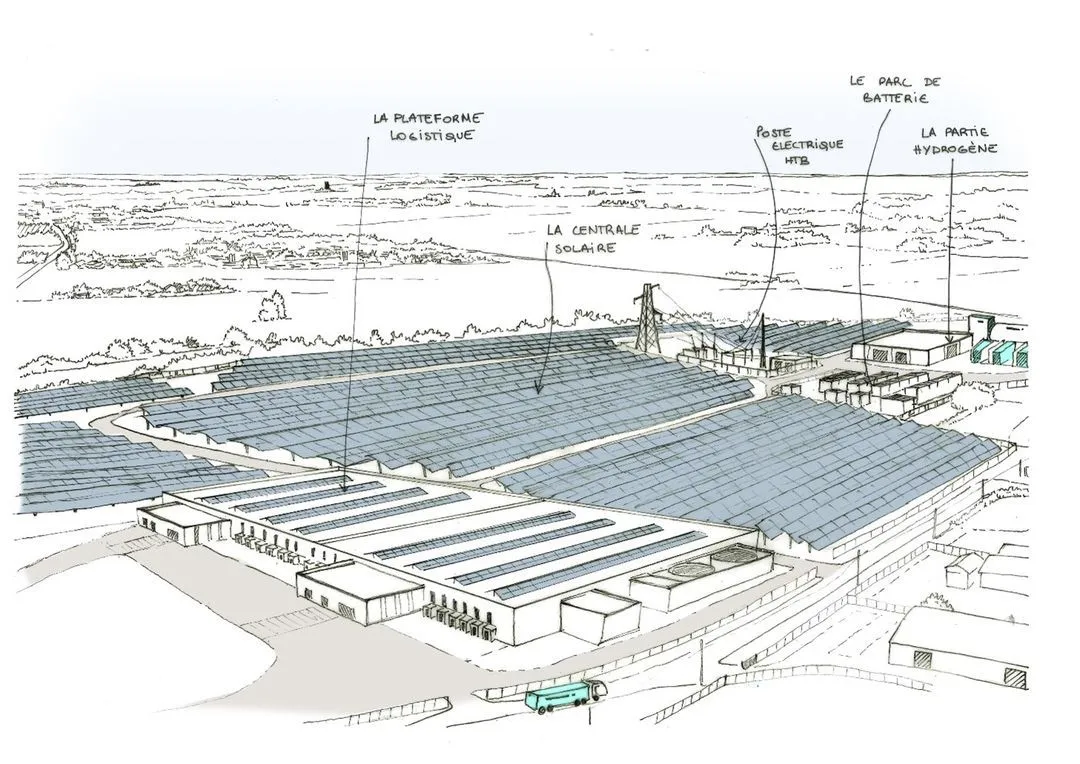
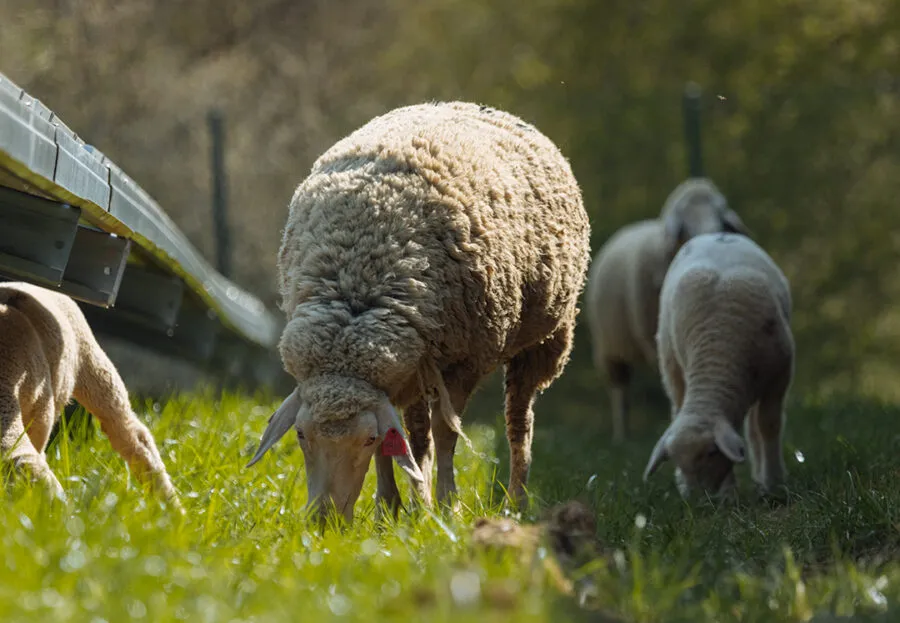
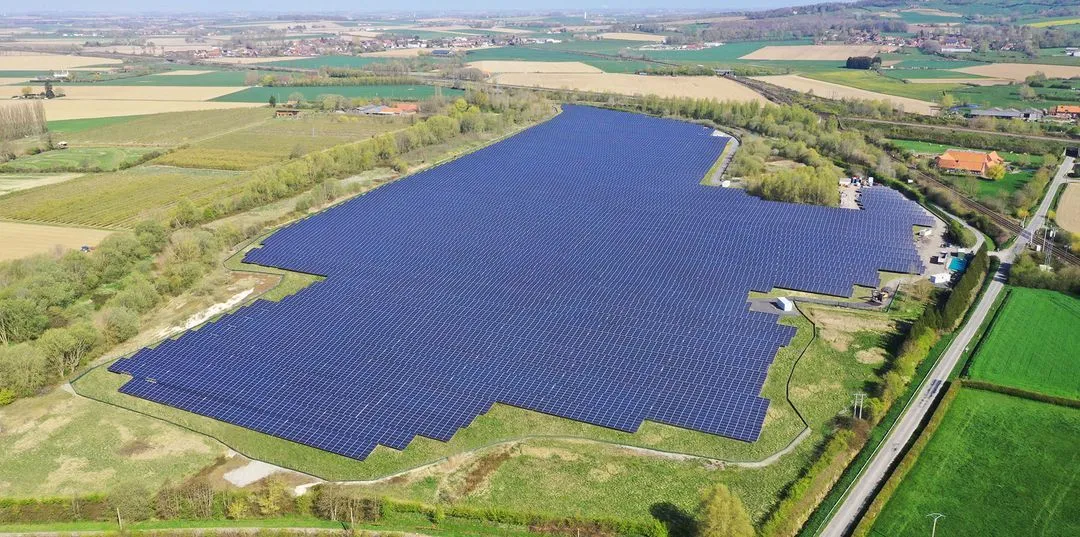
.webp)

